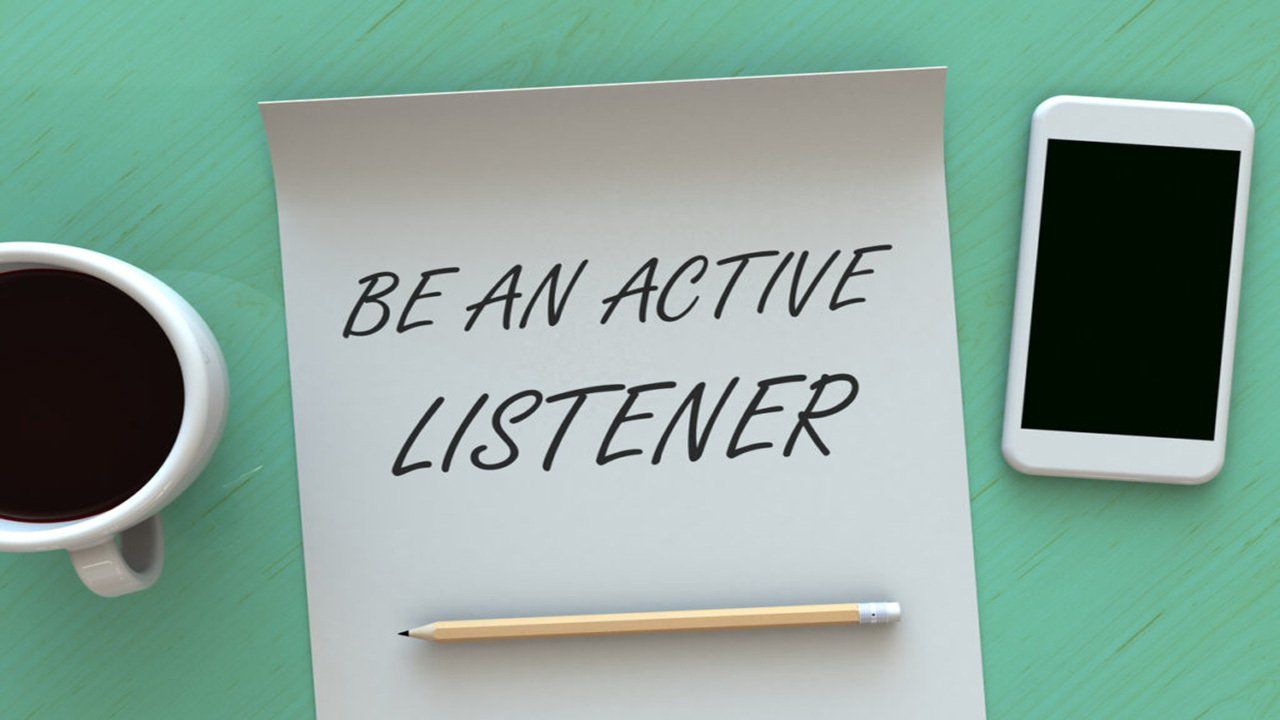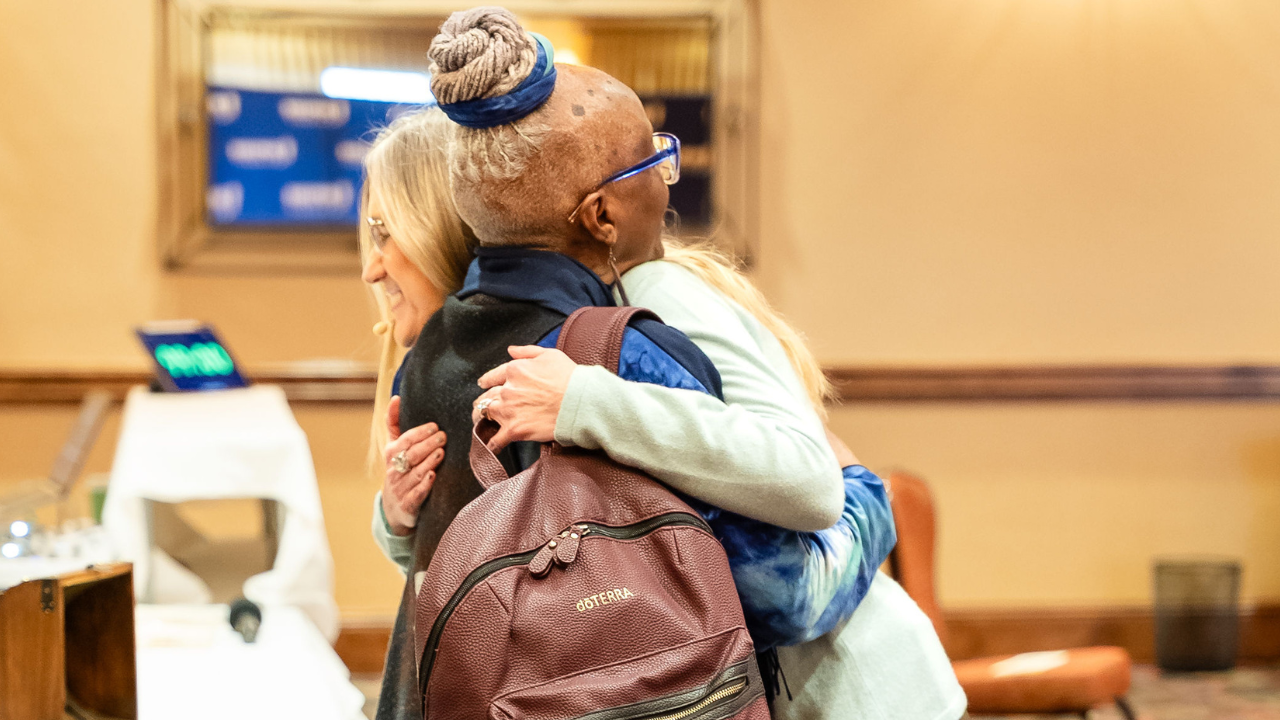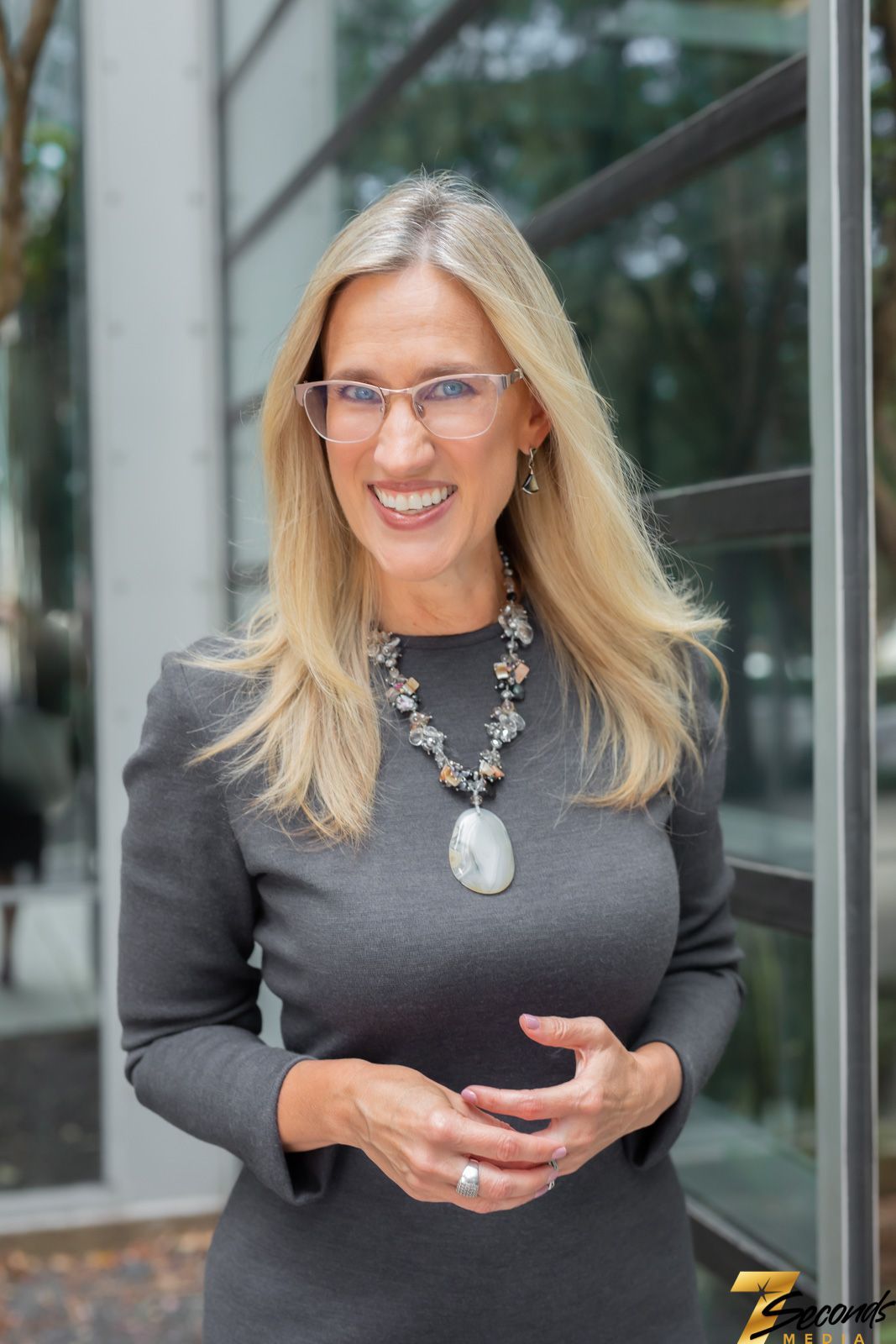How to Master the Art of Active Listening to Get Results

When I was promoted to the supervisory ranks in Federal law enforcement, I was sent back to the Federal Law Enforcement Training Academy for supervisory leadership training.
One of the classes was on communication.
Expecting to learn about how to speak to the press or talk your employees, I was surprised to see elements within the module on active listening.
I’m not sure that up to this point in my life I had thought of listening as active.
It was just something you did when someone was speaking before it was time for you to say what you wanted to share.
Thinking back on this today makes me laugh.
So, what is active listening – and why is it important?
The best leaders understand the art of actively listening and how it translates into the listener feeling valued and appreciated.
Here are the three elements to ensure the listener feels seen and heard:
1 – Focus. When you’re in a dialogue, choose to give your undivided attention to the person you’re with for the entire conversation.
It’s easy to get distracted and pay attention to who has walked into the room, or the ping of your phone.
It’s equally easy to get distracted by internal chatter, thinking about what you’re going to say next.
Look at them and/or what they’re saying – and choose to give them 100% of your energy and attention.
2 – Ask. When you’re actively listening, you’re leaning into the conversation, curious about the speaker’s viewpoint.
By asking questions, you demonstrate that you are paying attention and that you’re interested — even if you hold vastly different beliefs or opinions.
I’m naturally curious and have been told for years that I ask crazy questions that most people wouldn’t dare to ask – and that they felt heard.
3 – Love. When you’re in a conversation with someone, you recognize that listening with your ears only, won’t allow you to truly hear.
You’ve got to listen you’re entire being, seeing the person for their humanity.
To do this, requires you to step out of fear or judgment, and into love. People say more than the words they are communicating.
When you actively listen from a place of love, you quiet your mind, set aside any internal running agenda, and feel what they’re saying.
My internal chatter can be loud so this is an important one for me.
When someone speaks slowly or takes too long to respond, or has opposing beliefs, I intentionally increase this element to build a deeper connection.
Active listening allows you to focus on your humanity and commonality, rather than your differences.
This is a gift that keeps on giving – and something the world needs now more than ever.
ACTION: The Upside Challenge of the week is to practice active listening.
Notice when you don’t listen actively.
Notice how the experience differs when you do.
What is the impact on your own experience and how people respond to you?
The world needs you and your brilliance.











